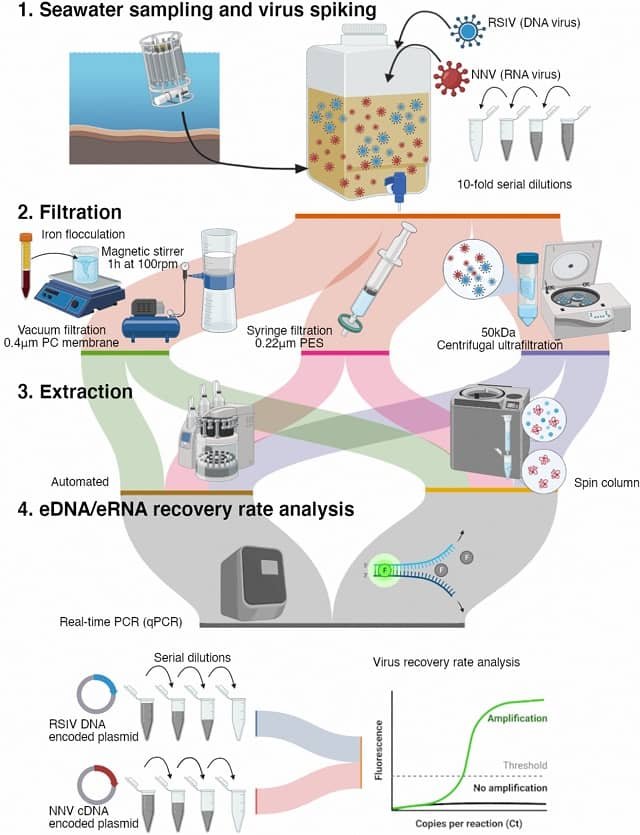By: Clare Fischer
Scotland.- Widespread mislabeling, poor trading practices and neglect of endangered species are posing a threat to fish stocks according to a new report. The research concludes that the global seafood supply is worryingly off-track to achieve sustainability targets.
Scientists from the Ecosystems and Environment Research Centre at the University of Salford carried out the geographically widest, standardised DNA-based survey of seafood authenticity ever conducted.
Biologists obtained fish products sold as ‘snapper’ from markets, stores and restaurants across North America, Europe, Asia, Australia and New Zealand, and used DNA barcoding to identify the species sold under the popular name.
Out of 300 samples, they identified at least 67 different species, from 16 separate families, with 40 per cent of the products proving to be mislabelled.
The study highlights that using a generic name to market fish fails to recognise the great diversity of species harvested from seas across the world.
Rajina Gurung, MCS Seafood Sustainability Advocate says the research is very useful in highlighting the issue of poor labelling and people not knowing what they are buying: “Fish mislabeling prevents businesses and consumers from making an informed choice about the sustainability of their seafood. Knowing what species it is, if it is wild caught or farmed and where or how seafood has been caught and produced is fundamental to knowing its sustainability. We’d like all consumers to get to know the fish they eat and to use the Good Fish Guide to find the most sustainable green rated (best choice) fish and to avoid the least sustainable red rated fish.”
Dr Donna-Maree Cawthorn, the lead author of the study, said: “It is quite disheartening to know that consumers, worldwide, cannot possibly know what they are eating, when they choose snapper.
“Developed countries increasingly rely on seafood caught in distant waters, often in developing countries, but the current trade system fails to keep track of this complex supply chain.”
Stay Always Informed
Join our communities to instantly receive the most important news, reports, and analysis from the aquaculture industry.
Countries, like the UK, that particularly rely on imported seafood, appeared to have the greatest diversity of species, and the highest mislabeling rates, even when following stringent labelling legislations, such as EU regulations.
Among the traded species, there are some that are endangered, and many more for which there is no information about the size and health of their stocks.
Professor Stefano Mariani, co-author of the study, said: “Imagine if we relied on hunting – rather than farming – to obtain beef. It would be like buying such beef and unknowingly ending up eating any one of dozens of species of antelope, buffalo, deer, etc. without the faintest idea of their conservation status.”
The study concludes that without coordinated efforts to improve international trade and product traceability, while strengthening controls, wild populations of many species are at risk of disappearing.
“Sustainability requires knowledge-based decisions, stakeholder agreements, precaution and transparency,” the authors said.
Source: Marine Conservation Society
Editor at the digital magazine AquaHoy. He holds a degree in Aquaculture Biology from the National University of Santa (UNS) and a Master’s degree in Science and Innovation Management from the Polytechnic University of Valencia, with postgraduate diplomas in Business Innovation and Innovation Management. He possesses extensive experience in the aquaculture and fisheries sector, having led the Fisheries Innovation Unit of the National Program for Innovation in Fisheries and Aquaculture (PNIPA). He has served as a senior consultant in technology watch, an innovation project formulator and advisor, and a lecturer at UNS. He is a member of the Peruvian College of Biologists and was recognized by the World Aquaculture Society (WAS) in 2016 for his contribution to aquaculture.







